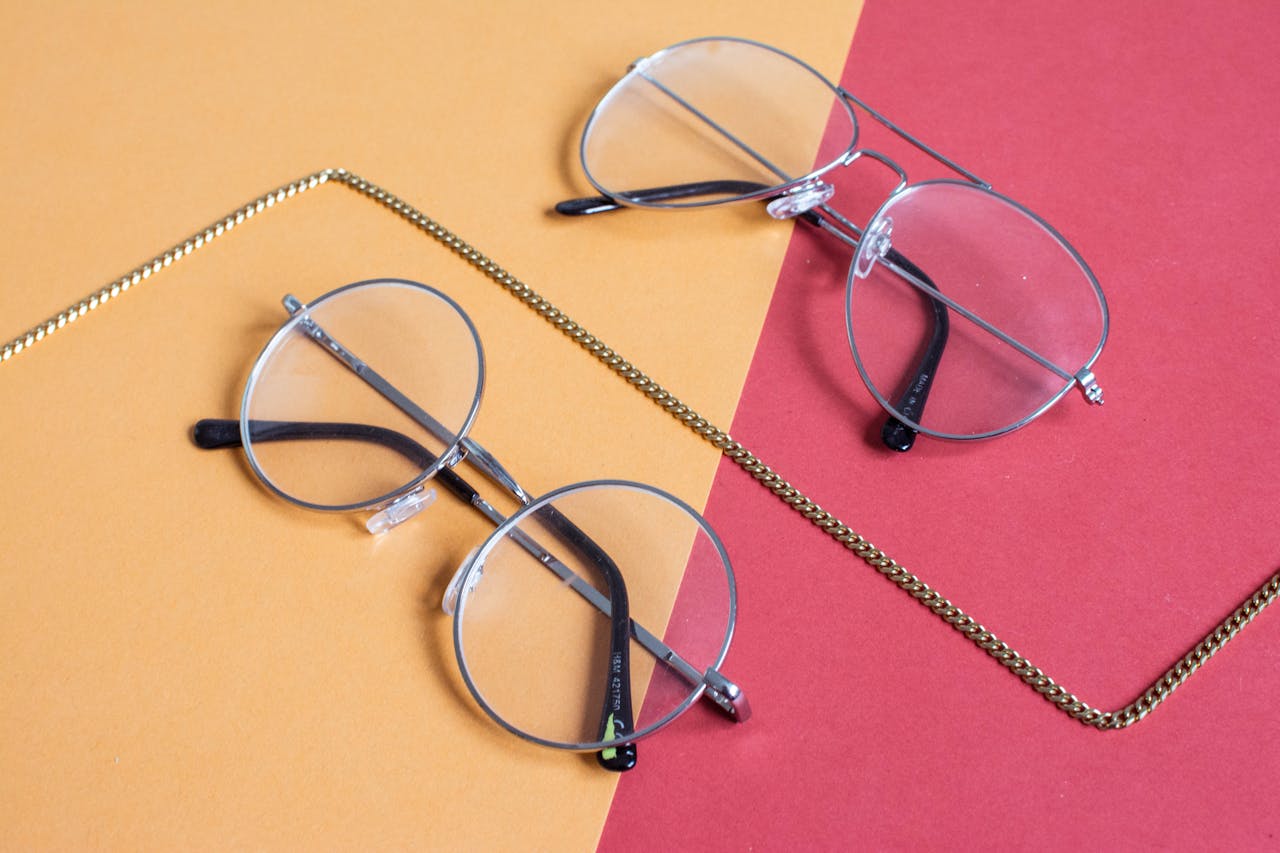
Glasses vs. Contact Lenses: Which Is Right For Your Lifestyle?
Choosing between glasses and contact lenses can be challenging, as both options have unique benefits and drawbacks. Your decision ultimately depends on your lifestyle, comfort, and vision needs. This guide will help you navigate the pros and cons of each to find the best fit for your daily routine.
Understanding your vision correction options
When it comes to vision correction, glasses, and contact lenses are the most common choices. Glasses are external, resting on your nose and ears, while contact lenses sit directly on the surface of your eye. Both options aim to improve vision but differ significantly in terms of practicality and aesthetic appeal. Contact lenses, available through trusted providers like Contactlenses4us.com, offer a variety of options such as daily disposables and extended wear, making them a flexible choice for many lifestyles. Choosing the right option means considering how they fit into your daily routine and comfort level.
What are contact lenses?
Contact lenses are thin, curved discs that correct vision by sitting directly on the eye. They offer a natural, unobstructed field of view, unlike glasses, which may block peripheral vision. Contact lenses come in several varieties, including soft, rigid gas-permeable, and daily disposables. Soft lenses are particularly popular for their comfort and flexibility, while rigid lenses provide sharper vision for certain conditions but require more adjustment. Daily disposables are ideal for those who prioritize convenience, as they eliminate the need for cleaning.
Pros and cons of glasses
Glasses have been a go-to solution for vision correction for centuries. They are simple to use and maintain, requiring little more than an occasional cleaning. Glasses also protect your eyes from environmental irritants like wind and dust, and they can include blue light-blocking lenses to reduce eye strain from screens. Additionally, glasses allow for personal expression, with a wide range of styles and designs to suit any taste.
However, glasses aren’t without their downsides. They can fog up in humid conditions or when transitioning between temperatures, making them inconvenient in certain situations. Their bulk can also be a nuisance during physical activities or sports. Limited peripheral vision and the possibility of misalignment on your face are additional drawbacks that can affect your overall experience.
Pros and cons of contact lenses
Contact lenses are an excellent choice for those seeking freedom and versatility. Unlike glasses, they provide a seamless, natural field of vision with no obstructions. They are particularly favored by athletes and individuals with active lifestyles, as they stay in place during movement and do not fog up. Contacts also offer cosmetic options, such as colored lenses, for those who want to change their eye color.
However, contact lenses require more care and maintenance. Proper hygiene is essential to avoid eye infections, and some users may experience dryness or irritation, particularly in air-conditioned environments. The ongoing cost of replacement lenses and cleaning solutions can also add up. It’s a good idea to have a backup pair of glasses for emergencies, ensuring you’re never left without a solution for clear vision.
Making the right choice for your lifestyle
Deciding between glasses and contact lenses comes down to personal preferences and how each option fits into your daily life. If you lead an active lifestyle, contact lenses may be the better option, offering the convenience of unobstructed vision and compatibility with sports equipment like helmets and goggles. On the other hand, glasses are ideal for those who prioritize ease of use, minimal maintenance, and style. They’re particularly practical for work or school, as they can include features like blue light filters to reduce digital eye strain.
For those who experience dry eyes or allergies, glasses may offer greater comfort, while contact lenses can provide sharper vision and better adaptability for specific eye conditions. Consulting with an optometrist can help determine which option is best suited to your individual needs.
Situational preferences
Certain activities or settings naturally favor one option over the other. Glasses are often the preferred choice for long hours at a desk or when reading, as they reduce eye strain and are easy to put on and remove as needed. Contact lenses, however, shine during outdoor activities or events that require a lot of movement. Their secure fit and unobstructed view make them perfect for sports, hiking, or even water-based activities when paired with goggles.
Conclusion
Both glasses and contact lenses have unique advantages, and the right choice depends on your lifestyle, vision needs, and preferences. Glasses provide simplicity and style, while contact lenses offer flexibility and convenience for active living. If you’re unsure which is best, consider trying both options to see what works for you. Consulting an optometrist is always a good step to ensure your vision correction choice is safe and effective.
Whether you choose glasses or contact lenses, you’ll enjoy clearer vision tailored to your needs and lifestyle.

Comments (0)